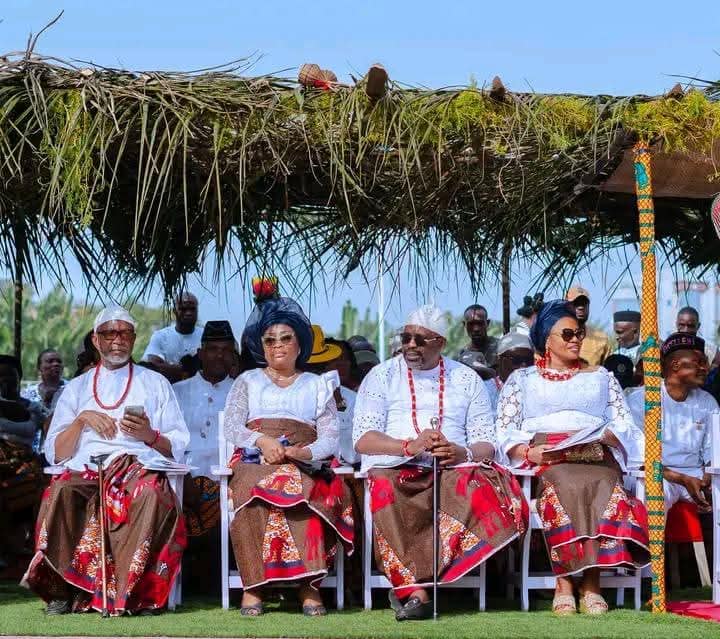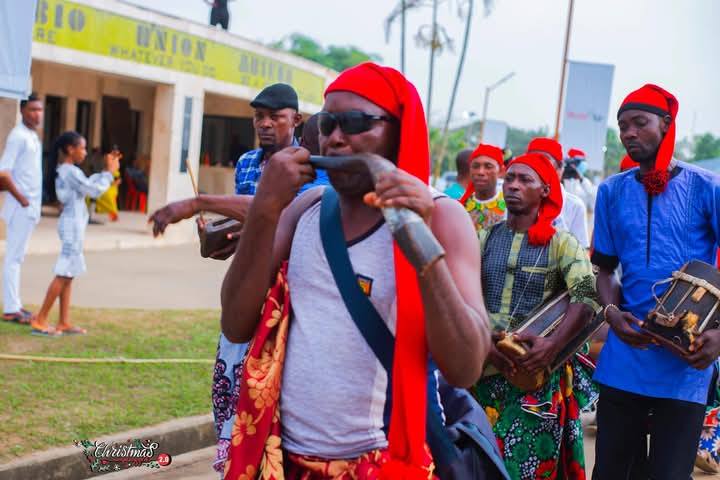WHO WE ARE
What You Need to know About Annang Heritage
A few years ago in Atlanta, Georgia in the United States a few of us in a room decided that those of us who left home to this new land should work more closely together. We questioned the wisdom and benefits of abandoning the Ikot Ekpene Club to join the Ibibio State Unionin 1928. We critically examined the gains that the annangs made within that organization. This led us to where we are today and everyone agreed that in our generation we needed a new path. We decided to form what is called a home town association in the United States. The idea was sold to other individuals in other cities in the United States and so it was, that we gathered three months later in Washington DC, the US Capital, in the summer of 1990 and formed an Annang organization. We did decide to write Annang History and Annang language text as the first start in the absence of our non written history, but those efforts went by the wayside. Ten years later Prof Ette worried about the new language policy in Akwa Ibom State that abandoned decades of language policy in order to impose Ibibio on everyone in the states, assembled a few individuals together and Annang heritage was born.

What We Are Known For

ANNANG WRITERS' ASSOCIATION
A group of Annang writers and translators who want to see Annang language written and taught in schools.

Cuisine
Annang cuisine is a delightful reflection of their rich culture. Staple dishes include: Edikan Ikong: A nutrient-rich vegetable soup. Ekpang Nkukwo: A delicacy made from grated cocoyam and leafy vegetables. Ukodo: Spicy yam and goat meat pepper soup. Meals are often shared in communal settings, symbolizing unity and togetherness.

Traditions
The Annang people maintain deep-rooted traditions that guide their way of life. Notable traditions include: Marriage Rites: A sequence of ceremonies that unite families and honor both bride and groom. Farming Practices: Agricultural techniques passed down through generations to sustain livelihoods. Initiation Ceremonies: Symbolizing the transition into adulthood and societal responsibilities.
The People
The Annang are known for their hospitality, industriousness, and strong sense of community. Comprising eight local government areas in Akwa Ibom State, the Annang population includes farmers, artisans, traders, and professionals who contribute to Nigeria’s development while maintaining their cultural roots.